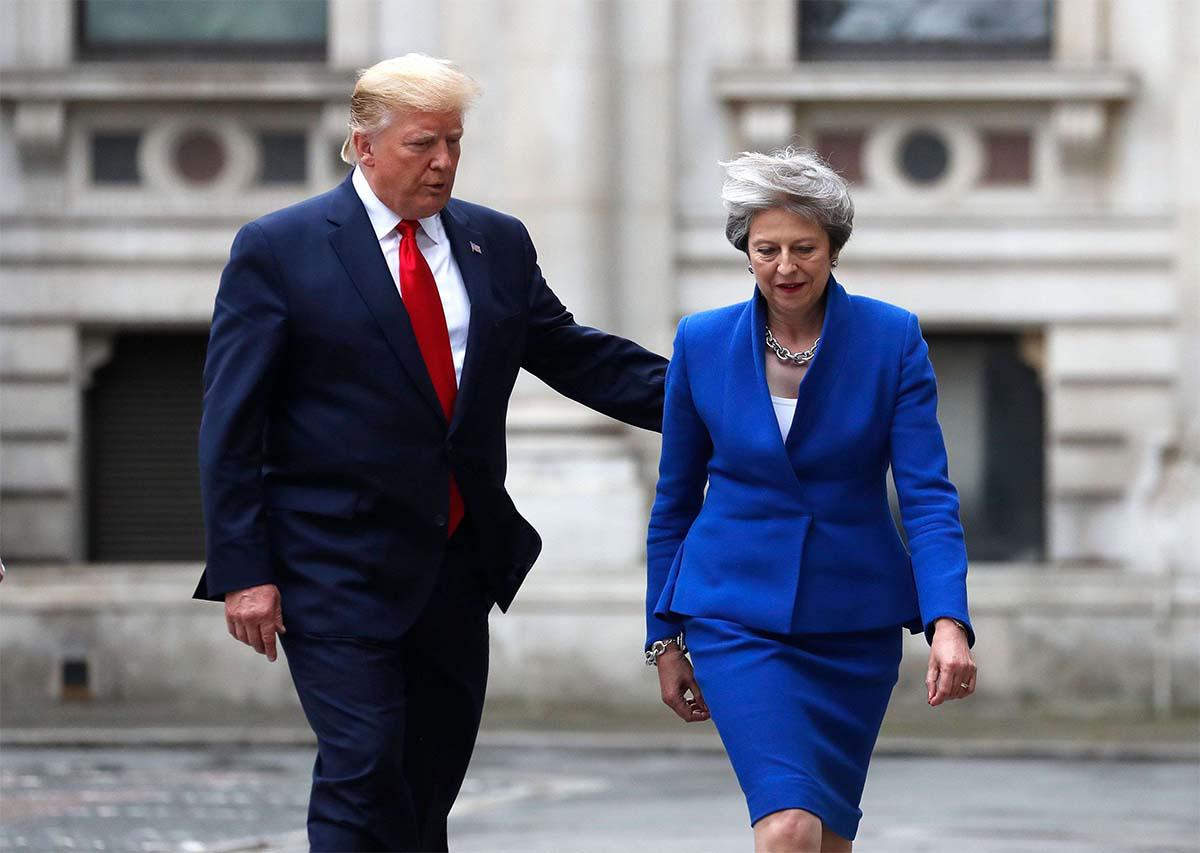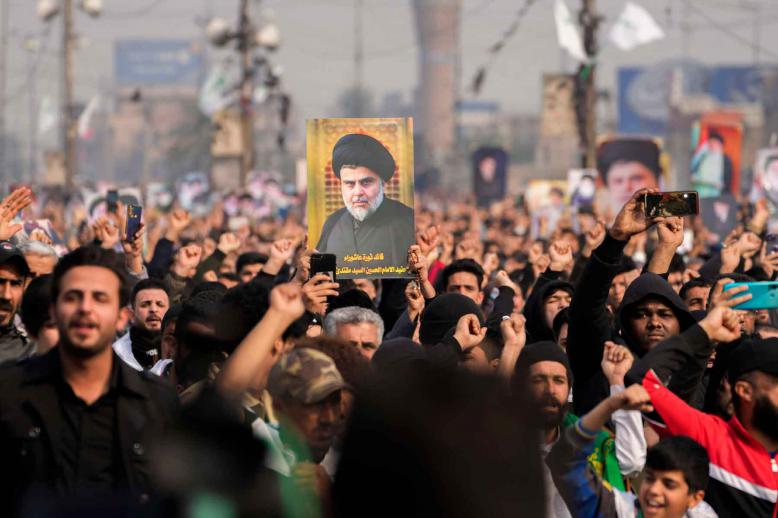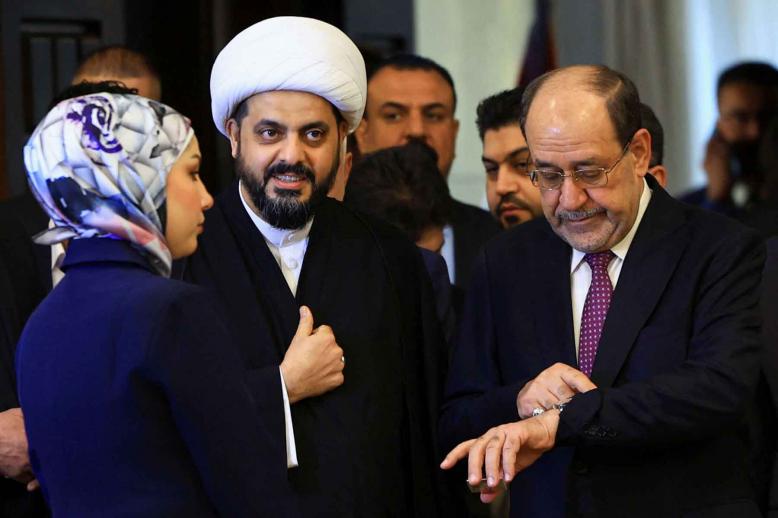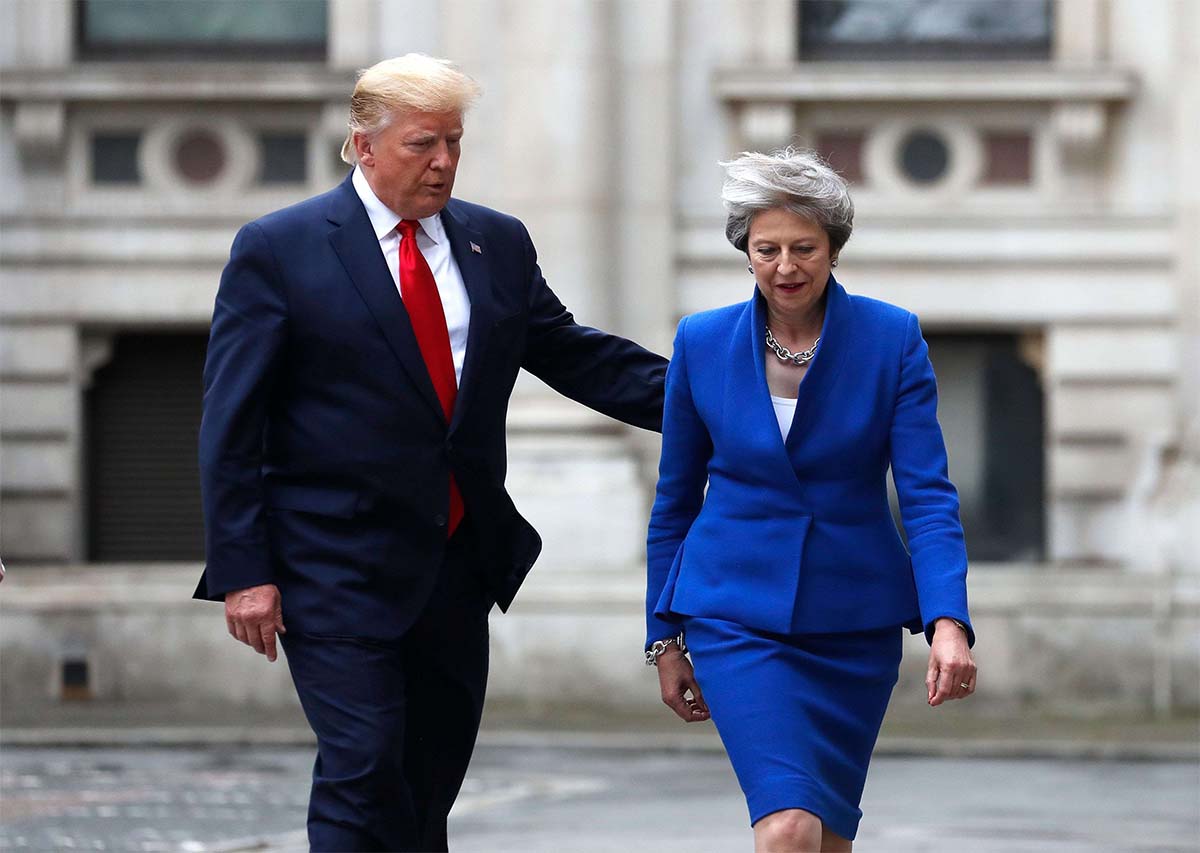Post-Brexit prospects in the Middle East
As the question regarding a Brexit agreement raises the spectre of uncertainty, Britain’s post-Brexit foreign policy approach has attracted lesser attention. The terms of Britain’s departure from the European Union will not only shape Britain’s future trade relations but its foreign policy posturing, too.
Amid the messiness of Brexit, an unencumbered Britain must rethink its place in the world to protect its seat on the international world stage, from economic activities to soft military engagement.
Profitable economic arenas across allied nations are being scoped should a no-deal scenario transpire.
“Leaving the EU with a deal remains the UK government’s top priority,” however, the government is continuing with no deal preparations to ensure the country is prepared for every eventuality,” the web page of Britain’s Department for International Trade read.
From Iraq, the Gulf, to Yemen, the Middle East is an important economic arena upon which Britain exercises a strategy combining hard and soft power.
Brexit — hard or soft — is the final nudge that would allow Britain to project itself back into a region crowded by towering powers from the United States, Iran, Russia to China, South Korea and Japan.
At a news conference in February, British Trade Minister Liam Fox said he and his ministerial team had “undertaken over 150 overseas visits… to old friends and new allies alike and markets large and small.”
A report published by the Britain Israel Communications and Research Centre (BICOM) emphasised the need for bridges to advance business activities and investment with European countries, offering a counterweight to Russia and curtailing Iran’s extraterritorial reach and the need to warm up to nations that make up the Gulf Cooperation Council (GCC).
Months ahead of British Prime Minister Theresa May’s teary resignation, new trade designs were touted but no details were offered other than “these agreements take time,” UAE Minister of Economy Sultan bin Saeed al-Mansoori said at the time.
As some predicted, as far as the Gulf is concerned, “the UK won’t Brexit,” a 6-month-old headline from Al-Monitor read.
Defence cooperation is another area of emphasis for a post-Brexit Britain that by NATO terms British and other European states have signed up to, must be maintained at or above 2% of GDP.
Initial predictions suggested that an EU departure could strengthen bilateral and trade ties between the United Kingdom and the United States. Yet theories that Brexit would culminate in greater military coordination between them across various Middle Eastern battlegrounds remain speculative. Trade between the two countries averages around $200 billion annually.
“Just 30% of Foreign Commonwealth Office diplomats in Arabic-speaking countries can speak Arabic compared to 64% of US diplomats in similar posts,” the BICOM report stated, adding that a budget increase should be weighed to train people in diplomatic posts.
The choice is between strengthening regional-European state alliances or crafting a new policy able to win over Arab states and their trade preferences.
Unlike the European bloc that Britain had worked and traded with for decades, the Middle East consists of 22 countries. Their goods, tariffs and economic institutions and cultures differ dramatically from one side of the pond to the other. The impossibility of designing a one-size-fits-all trade policy is recognised by Westminster, as its gravitational draw towards the Gulf implies.
The GCC is not the only cluster of Arab states where British business and commerce will continue. The UK International Department for Trade published guidelines to inform British exporters in Iraq and the Kurdish region of potential changes, should Britain leave the European Union in absence of a deal.
As Britain’s Department of Trade offers guidance to firms at home, abroad it must win over the confidence of resource-rich nations to secure favourable treatment. A strengthened US-UK alliance is one foreseeable outcome but it remains uncertain whether it would pave the road towards closer military coordination.
In response to recent escalation in the US-Iranian war of words, and in what some view as a predictable move, Britain echoed the United States’ position, as British Foreign Secretary Jeremy Hunt’s latest address at the Foreign and Commonwealth office reveals.
“I urge Iran not to take further escalatory steps and to stand by its commitments. Sanctions were lifted in exchange for restrictions on Iran’s nuclear programme. Should Iran cease to observe its nuclear commitments, there would, of course, be consequences,” Hunt said. “For as long as Iran keeps its commitments, then so, too, will the United Kingdom.”
The Middle East is an important investment arena for not only the United Kingdom but for the European Union, whose engagements range from the Palestinian-Israeli peace process to spurring private sector growth in Iran. A no-deal scenario could force the two into a shared policy approach towards the region or accelerate unhealthy competitiveness.
Nazli Tarzi is an independent journalist, whose writings and films focus on Iraq’s ancient history and contemporary political scene.
Copyright ©2019 The Arab Weekly







